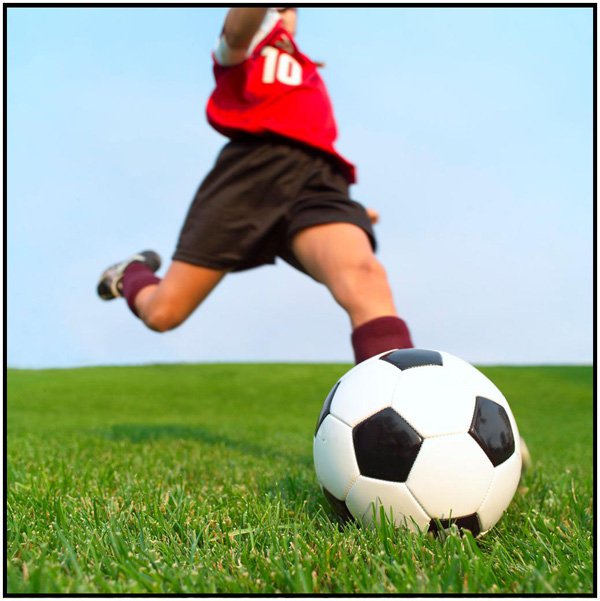Getting The Most From A Ski Lesson
Have a goal. Once, in an instructor's office, the examiner gave us an exercise. He would ski down with a specific task in mind, but he wouldn't tell us what it was. We were to watch him very carefully and decide what his task was. He skied and we all watched with rapt attention. One skier said "I think you were working on your balance". Someone else suggested, "You were focusing on keeping your turn shape consistent". A third said, "The rhythm of your pole touch".
Then came the punch line. What was his focus? "I was trying to keep the tassel on my hat flying straight back", he joked. In short, he was just skiing. And each of us had inadvertently revealed what we were thinking about in our own skiing. Be if he had asked us what we wanted to work on, we would have mumbled something entirely different.
So goals are good. Everyone has them, whether they realize it or not. You're much more likely to achieve your goals is you think about them in advance and tell your teacher what they are. If there's something you want to do on skis, then say so. Whether it's technical ("I want to improve my hip angulation") or situation-oriented ("I want to ski that expert trail on the other side of the mountain"), let your instructor know. If your instructor knows what you want to accomplish, he can design drills and exercises that help to do just that.
Be flexible. In skiing, as in life, you have to walk before you can run. You may want to ski that gnarly bump trail. But before you can ski that trail, you're going to have to improve your balance and your short turns. It's best to work on those skills on the groomed slopes. So give your pro the benefit of the doubt. Mastering the basics isn't always sexy, but it pays big rewards down the road.
Really listen. Those breaks between drills aren't just for catching your breath. Your instructor may not talk much, but when he does speak up, it's usually to offer an important explanation or helpful tip. And even if you can't use it right away, a tip often clicks after the lesson is over and you're off skiing on your own.
Ask questions. In the immortal words of that great philosopher Anonymous, there are no stupid questions, only stupid mistakes. Don't be afraid to say that you don't understand something. A ski instructor has a tough job trying to explain a complex and often subtle series of movements through words and demonstrations. A good instructor will not be offended if you say, "I don't understand". Also try to get at least one chairlift ride with the instructor. This is the best time to ask questions and otherwise pick his brain in a one-on-one situation.
Don't be afraid to imitate. Monkey see, monkey do. That's how you figured things out when you were a kid. And that's how you can figure them out now. As the instructor is doing a demo, try to imitate his posture and his movements while you're standing still. And when it's your turn, don't try to put your own spin on the move; just duplicate his move as exactly as you can.
Ski Vacations: Adventure Holidays
Ten Ways to Ski Free


